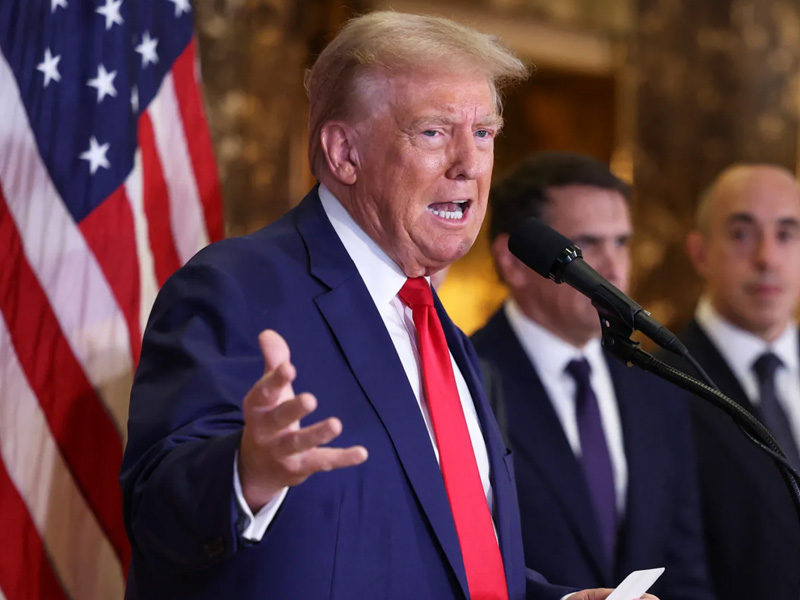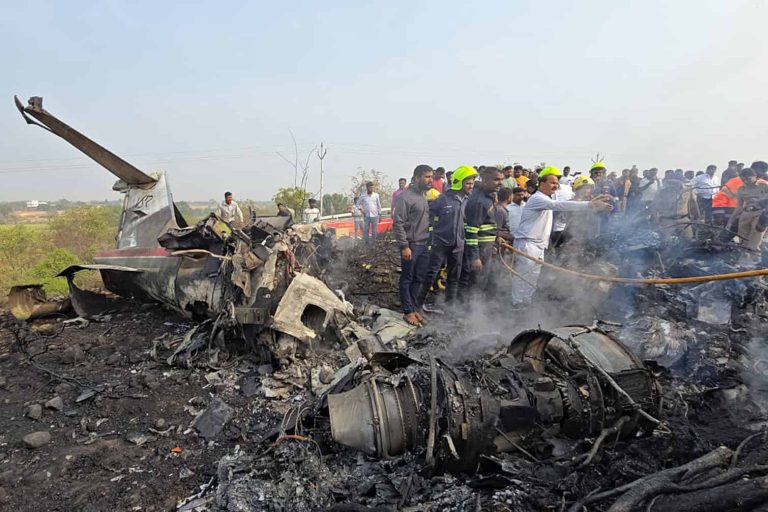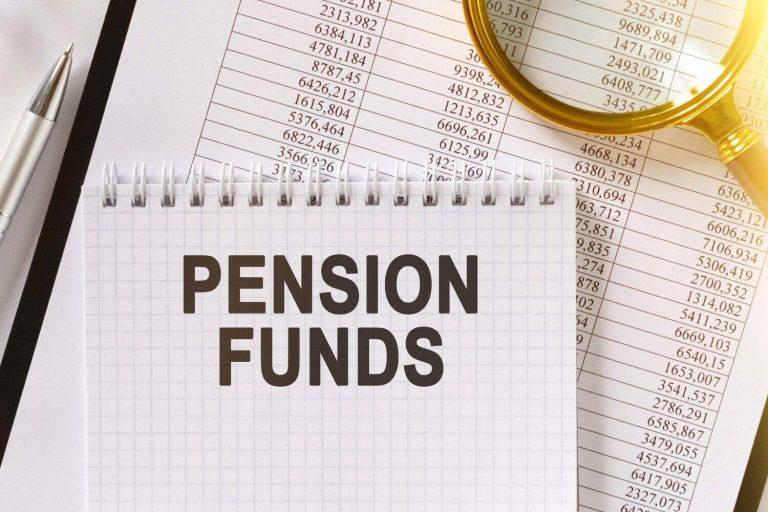
US President Donald Trump on Tuesday offered a sweeping defence of Saudi Crown Prince Mohammed bin Salman, insisting the kingdom’s de facto leader knew nothing about the 2018 killing of journalist Jamal Khashoggi a position that directly contradicts US intelligence findings.
The comments came during bin Salman’s first White House visit in more than seven years, a high-profile stop aimed at strengthening security and economic ties while further repairing the crown prince’s global image, which has remained shadowed by the Khashoggi murder.
US intelligence agencies previously concluded that bin Salman approved the capture or killing of Khashoggi, a Washington Post columnist and vocal critic of the Saudi government, who was murdered inside the Saudi consulate in Istanbul. Though the crown prince has denied ordering the operation, he has acknowledged responsibility as the kingdom’s ruler.
With bin Salman sitting beside him in the Oval Office, Trump dismissed the intelligence assessment.
“A lot of people didn’t like that gentleman… things happened, but he knew nothing about it, and we can leave it at that,” Trump told reporters, after chiding a journalist for raising the question.
Bin Salman described the killing as “painful,” saying his government took “all the right steps of investigation” and improved systems to prevent a repeat of the incident. “It’s a huge mistake,” he said.
Trump’s defence drew criticism from Khashoggi’s widow, Hanan Elatr Khashoggi, who told Reuters that “nothing can justify such a horrible crime,” and urged Trump to meet her to understand “the real Jamal.”
Despite the renewed controversy, the meeting marked a high point in US-Saudi relations. Trump announced he was designating Saudi Arabia a major non-NATO ally, opening the door to expanded military and economic privileges. Both sides unveiled agreements covering arms sales, civil nuclear cooperation, artificial intelligence and critical minerals.
A White House fact sheet confirmed a Strategic Defense Agreement to strengthen deterrence across the Middle East and ease operations for US defense firms in Saudi Arabia. The kingdom will also provide new burden-sharing funds to offset US costs. However, the pact falls short of the formal, treaty-level alliance Riyadh initially sought.
Washington has also approved future deliveries of F-35 fighter jets to Saudi Arabia, with Riyadh agreeing to purchase 300 American tanks. If finalised, it would be the first US sale of F-35s to the kingdom a move likely to shift regional military dynamics and test America’s long-held commitment to preserving Israel’s qualitative military edge.
The two governments further announced the completion of negotiations on civil nuclear cooperation, establishing a legal framework for long-term collaboration. Yet progress remains fraught, as Saudi Arabia resists US restrictions on uranium enrichment and fuel reprocessing.
The crown prince’s visit began with an elaborate South Lawn welcome featuring military honors, a cannon salute and a US warplane flyover. Sitting beside Trump, bin Salman pledged to raise Saudi investment in the United States to $1 trillion, up from a previous $600 billion promise, though he provided no specifics or timeline.
Saudi Arabia also signed agreements on artificial intelligence and critical mineral cooperation, aligning with bin Salman’s Vision 2030 agenda to diversify the Saudi economy beyond oil. But analysts note that a $1 trillion investment may be difficult given Riyadh’s heavy spending on vast domestic megaprojects.
Bin Salman is expected to promote these reforms at an investment summit at the Kennedy Center, where top global executives are scheduled to attend.
Trump strongly rejected suggestions that his family’s business interests in Saudi Arabia influenced his policy decisions.
“I have nothing to do with the family business,” he said, noting his assets are in a trust run by his children. However, he remains the beneficiary of the trust and will have access to the profits once he leaves office.
Erizia Rubyjeana



